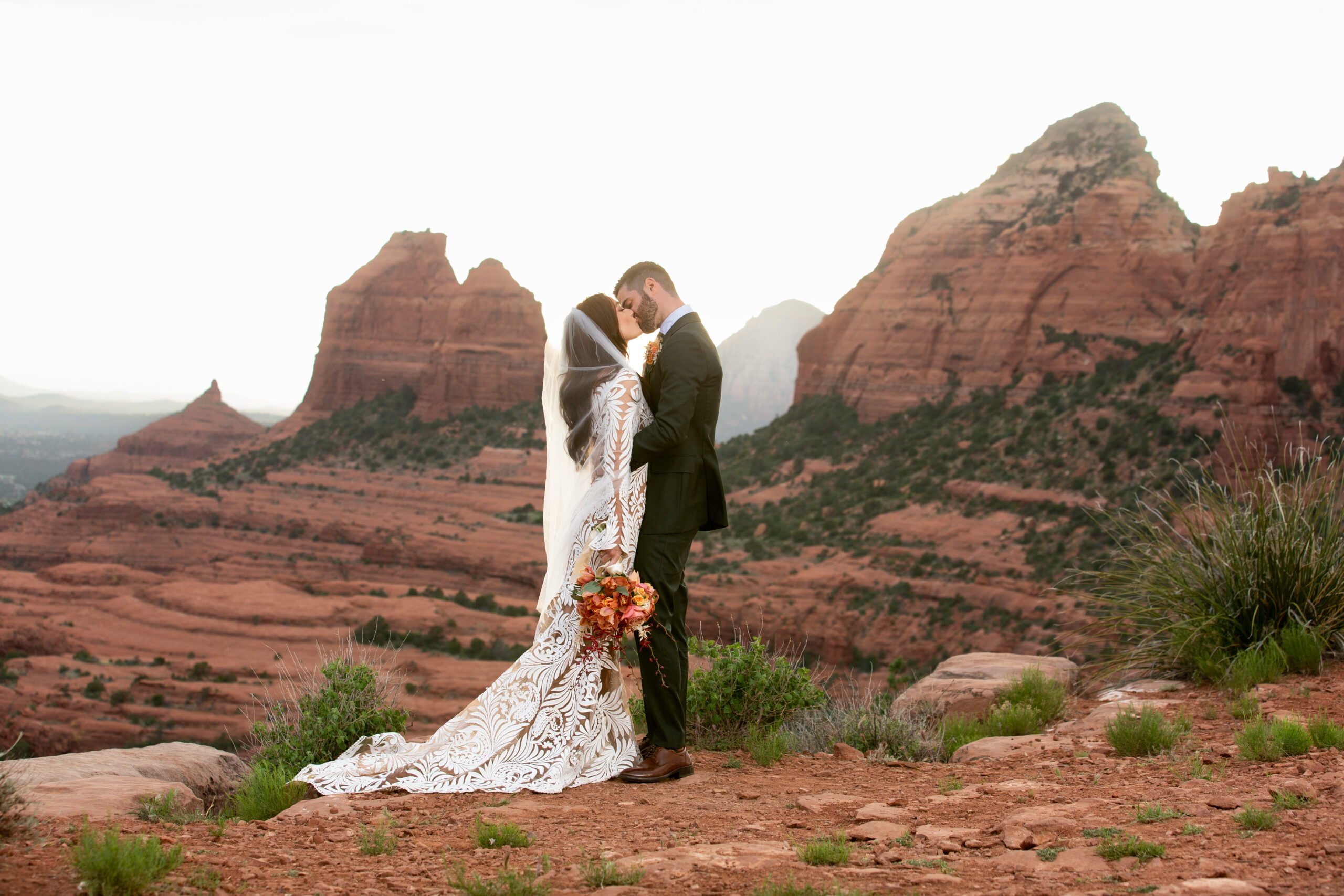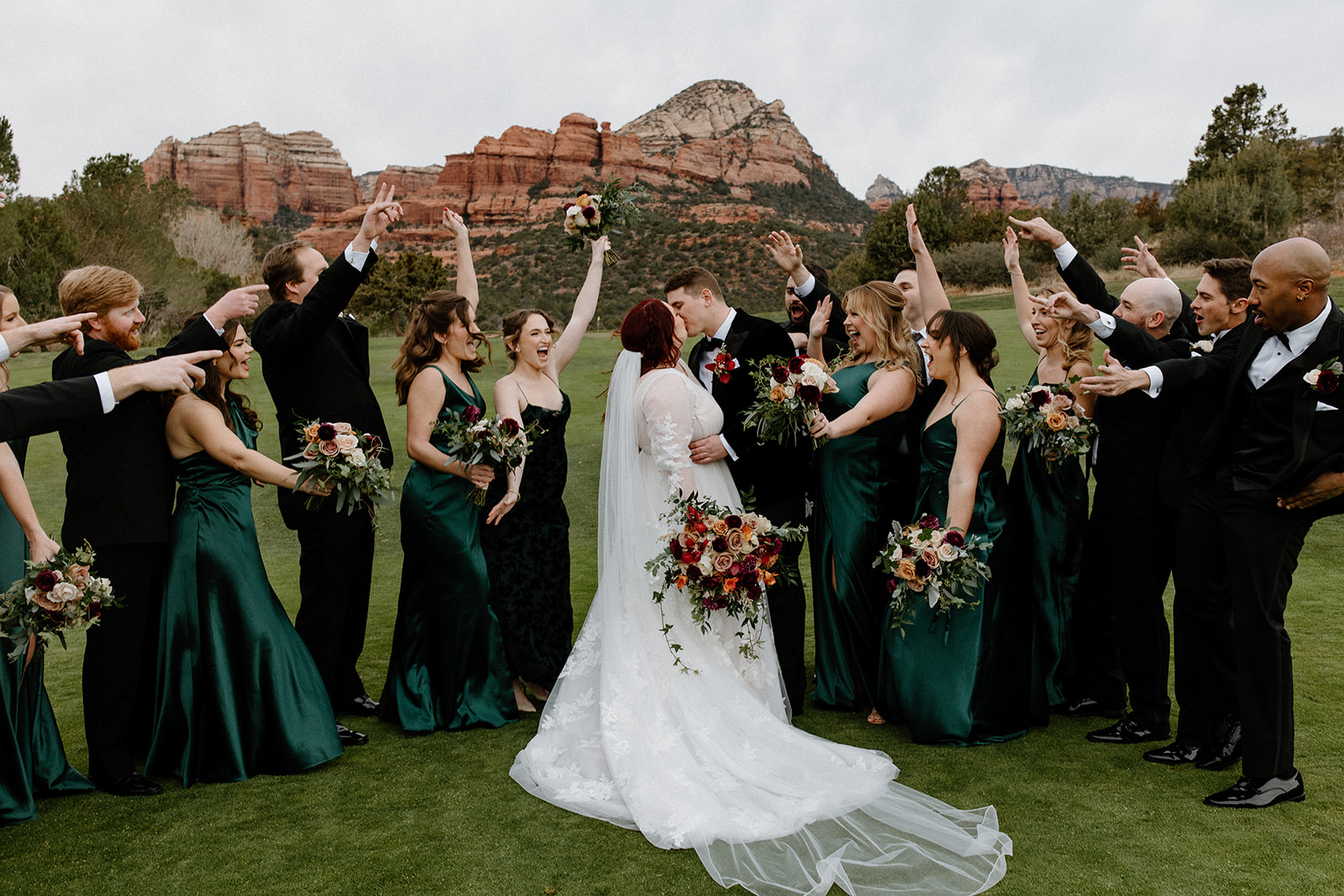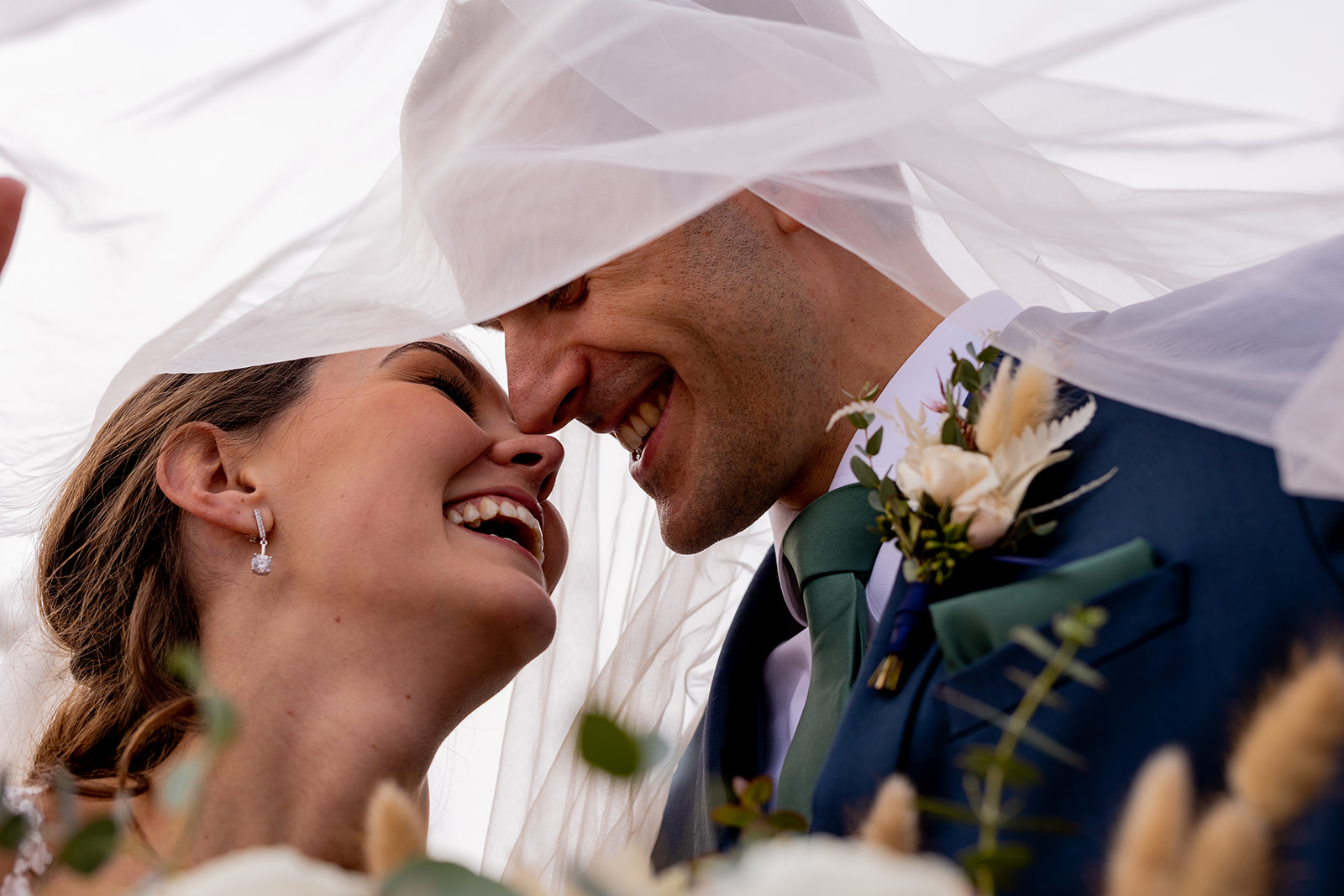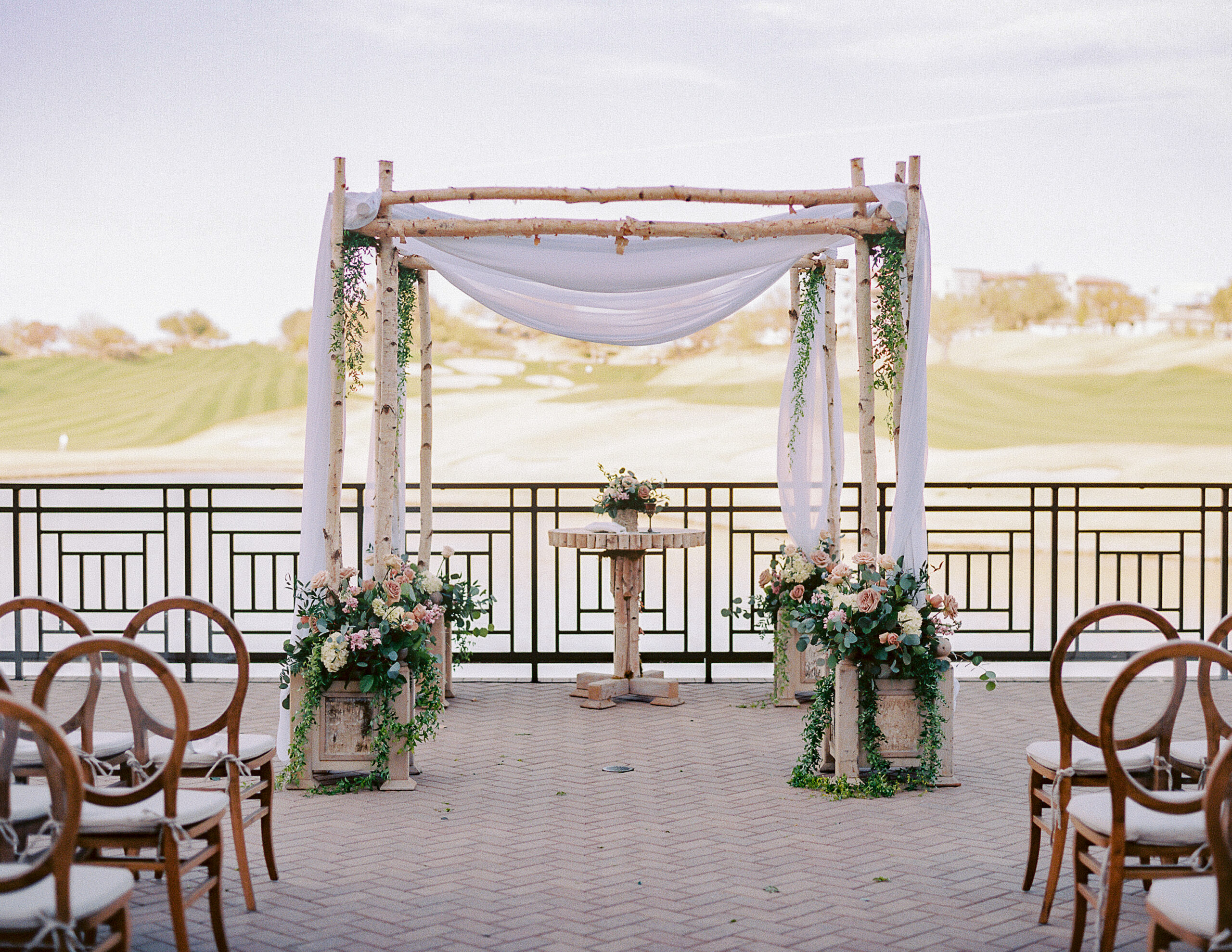
Venue selection – your first major wedding planning decision.
Your venue will impact almost all of your other wedding planning decisions. Therefore, it is imperative you choose your venue wisely.
To help you do this, I have compiled guide to walk you through the process of selecting the perfect venue for your wedding.
Consider the following topics before you commit to your wedding venue:
1 – Remember your wedding vision.
Be sure to keep the overall look and feel you hope to create for your wedding in mind when you consider venues. (If you need guidance on defining your vision, check out my guide to creating your wedding vision.)
Some elements might be:
- Location – Do you hope to be married in your hometown or a vacation destination?
- Guest Count – How many people do you hope to invite to your wedding?
- Ceremony & Reception – Are you looking for a space where you can host both the ceremony and reception? Or will these events occur at two separate locations?
- Food & Beverage – Are you hoping to serve your guests a formal catered meal? Or do you envision more of a picnic atmosphere?
- Budget – How much of your overall budget did you allocate to your venue? (Typically couples spend 40%-50% of their overall wedding budget on the venue/reception.)
2 – Traditional vs. Non-Traditional.
There are two main types of wedding venues: traditional and non-traditional. Both have pros and cons. Let’s review the good and bad of both to help you decide which venue type will best suit your wedding.
Traditional Venues: Event spaces designed to host weddings.
Pros:
- Experienced staff who will professionally coordinate and execute your event.
- Generally, includes more than just the space rental. Many traditional venues provide your tables, chairs, linens, dance floor, bathrooms and trash removal as a part of the venue rental fee.
- Meet all legal requirements for the space including: event permits, sound ordinances, food and beverage serving licenses, etc.
- Will have very specific event rules and workflow to guide you through the planning process.
Cons:
- Often require a significant deposit up front to confirm your date. (Can be 50% or more of the total estimated charges.)
- Can restrict the vendors you hire. Many traditional venues have a preferred vendor list and require you to only hire specific wedding professionals from their list.
- Because the wedding planning process is a well-oiled machine with these types of venues, the overall wedding can feel less personalized and unique.
Non-Traditional Venues: Event spaces not designed to host weddings
(Examples: parks, beaches, museums, your parent’s backyard, etc.)
Pros:
- Because most of these spaces are not designed to host events, the space rental fee is usually less expensive than a traditional wedding venue.
- Creative freedom with your event design – let your imagination run wild!
- The space can feel original and unique – to perfectly compliment your wedding vision
Cons:
- Must build the event from scratch
- Usually will require much more planning and coordination on your part.
- You will need to rent all event equipment including: tables, chairs, linens, dance floor, tent, lighting, A/V equipment, etc.
- You will need to investigate if special event permits are required (i.e. sound ordinances, parking rules, insurance requirements, etc.)
One of the main factors you should consider when deciding between a traditional and non-traditional wedding venue is your time. While choosing to host your wedding in a beautiful, non-traditional location might be a wonderful idea in your head, make sure you have the time (or plan to hire a full service wedding planner) to ensure your vision is professionally designed and coordinated.
3 – Venue site-visits.
Now the fun begins! Once you have an idea of what kind of venue you hope to select, it’s time to see it in person. I suggest scheduling site visits for your top 3-5 venue sites.
When visiting your potential venues, I suggest you cover the following topics:
Capacity – What is the maximum guest count you are allowed to host in the space in a dinner reception configuration. (Identifying how you intend to configure the room is important as this will affect the venue’s max guest count.)
Caterer – Is catering included in the space rental? If so, does the venue have a preferred caterer list or is there an in-house caterer? Is it possible for you to hire a non-traditional caterer – like a food truck? Can you bring in your own food? If so, is kitchen space provided?
Alcohol – Can you provide your own alcohol for the event or must you purchase it through the venue? Does the venue require you use a certain bar service? If you must purchase alcohol from the venue, what are the bar options and possible bar packages?
Facility extras – Are any additional services included in the space rental? Do you offer A/V services? Table and chair rentals? Linen rentals? (If rentals are included, be sure you also ask to see the tables, chairs and linens. The included rentals might completely clash with your wedding color scheme – which will mean you will need to separately rent these elements and incur the additional cost.)
Parking and transportation – How easy is it to park at the venue? Is there a cost associated with parking at the venue? Is the venue close to public transit? Does the venue require hiring a valet or parking service? Is it possible for you to provide hired transportation for your guests (i.e. bus coach, trolley, etc.)?
Extra fees – Are there any additional fees to be aware of? Gratuity/service charges? Corking fees? Cake cutting fees? If the event goes long, will you be charged an extra fee?
Click here to download my comprehensive Venue Question Checklist. I suggest you bring it with you to each of your site visits.
I also suggest you keep a spreadsheet to organize the details of all the venues you visit. This will help you easily compare the pros and cons for each venue.
I’ve created one to help you get started. Click here to download my venue comparison spreadsheet template.
Download Your Venue Comparison Spreadsheet
4 – Calculate your additional costs. Once you have visited your venues and added the basic details and costs to your venue comparison spreadsheet (see link above), it is now important you calculate any additional expenses you will need to incur with each venue.
Some examples might be:
- You do not like the included house linens, therefore you will need to purchase full length linens for your reception.
- Cake is not included in the rental/catering agreement. Therefore, you will need to purchase your cake from an independent designer and account for the $3.50 per person cake cutting fee. Be sure to add both of these costs to your venue comparison spreadsheet.
- You’re allowed to bring your own alcohol. However, the venue will charge you a corkage fee for serving your family’s favorite wine. Be sure to add the cost of purchasing the wine and the per bottle corkage fee to your spreadsheet.
Once you have accounted for the additional venue costs as well as the pros and cons for each space, you will be armed with the necessary information to make your venue decision.
If you are still stuck, remember it is always a good idea to trust your gut. Sometimes, finding your venue will be as easy as walking into the space and just knowing – “This is it.”
5 – Contracts. Once you have selected your venue, you will then move into the contract phase. To book your space, you will request the venue send a comprehensive contract for your event. This contract should include all of the terms and details you discussed in your site visit and subsequent communications with the venue.
Look for the following items in your venue contract to make sure you are only agreeing to terms you have discussed.
- Read every line slowly and carefully. Contracts often contain legal jargon. Be sure you fully understand each clause before signing. Don’t be afraid to ask for clarification.
- Understand the cancellation terms. Each venue often has unique cancellation policies. It is very important you know what you will be required to pay in the event you need to cancel your wedding.
- Insurance. Be sure to clarify what the venue’s insurance does and does not cover. Also, depending on the financial investment you are making in your wedding, it might be a good idea to consider wedding/event insurance.
- Get special commitments in writing. If you were promised to be able to use the large wooden table you saw on your site visit in your ceremony, ask those details be included in your contract.
- Payments. Clearly identify when payments are due and how they will be collected. Identify how much is required to reserve your date and if this money is refundable. Are you able to pay via credit card or does the venue only accept cash/check payments?
- Signatures. Ensure the financially responsible parties are listed on the contract. If your Mom is paying for the reception, be sure her name is on the contract (not yours).
- Keep your final contract for reference. Once you have agreed to the terms of the contract, request a final copy. Keep it in a safe place. You will probably refer to it more often than you anticipate. Also, if your contract is modified in any way, be sure to get the modification in writing. If you agree to add one hour onto your bar package for the reception, get this commitment in writing (i.e. email) and save this with your original contract.
At the end of the day, make sure you feel comfortable with the terms you are agreeing to by signing the contract. Don’t be afraid to ask questions or seek additional advice from an outside party (i.e. your personal attorney or wedding planner). It is important to clarify the terms in the beginning so there is no confusion later on in the planning process.
Whew! That was a lot to cover. However, each step is critical to ensure you make the right venue selection for your wedding. Choosing your venue isn’t always easy – however, the good news is once this decision is made – all the other wedding planning decisions will fall into place!
Now let’s take some action! Here are your next steps:
Action Steps:
- Determine your overall wedding vision and if you prefer a traditional or non-traditional venue.
- Schedule site visits. Print my venue site visit Q&A checklist and bring it with you to all of your meetings. After each visit, document the details and additional costs for each potential venue on my venue comparison spreadsheet.
- Make your venue selection. Carefully review your venue contract before signing.
I hope this guide was helpful. Please let me know what questions you have about selecting your wedding venue in the comments below.
Also, consider subscribing to our weekly blog to receive the latest wedding planning advice!

Casey Green Weddings, LLC
8700 E. Pinnacle Peak Road, Suite 114
Scottsdale, AZ 85255
602-448-8133
hello@caseygreenweddings.com







+ show Comments
- Hide Comments
add a comment